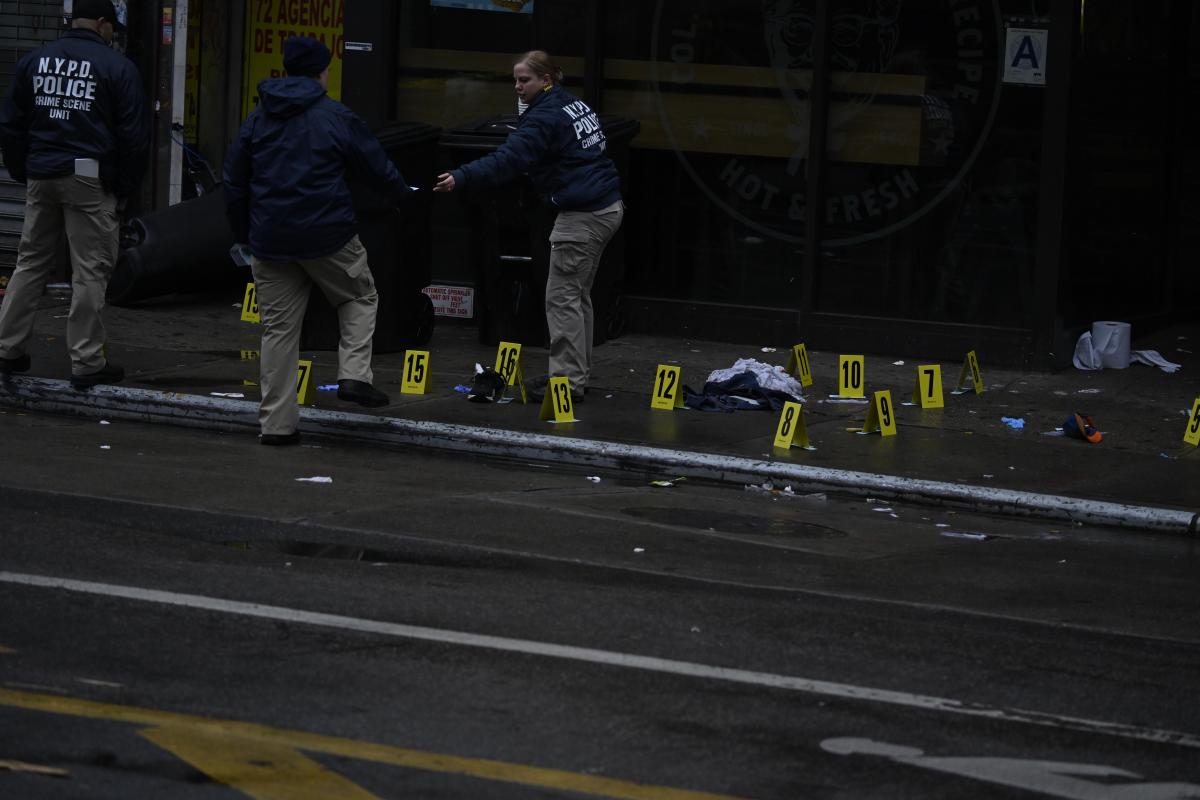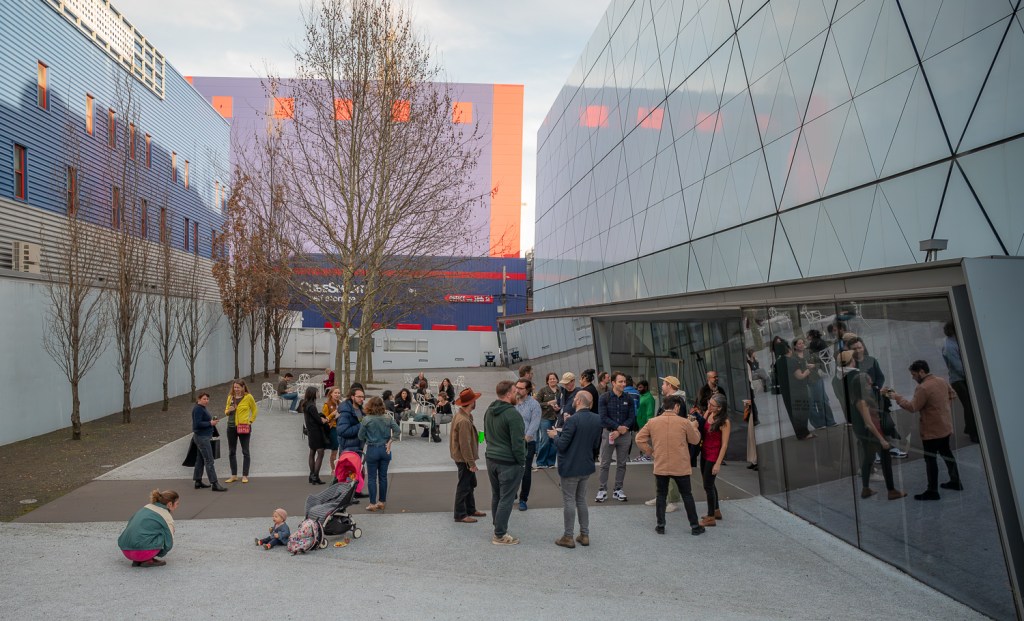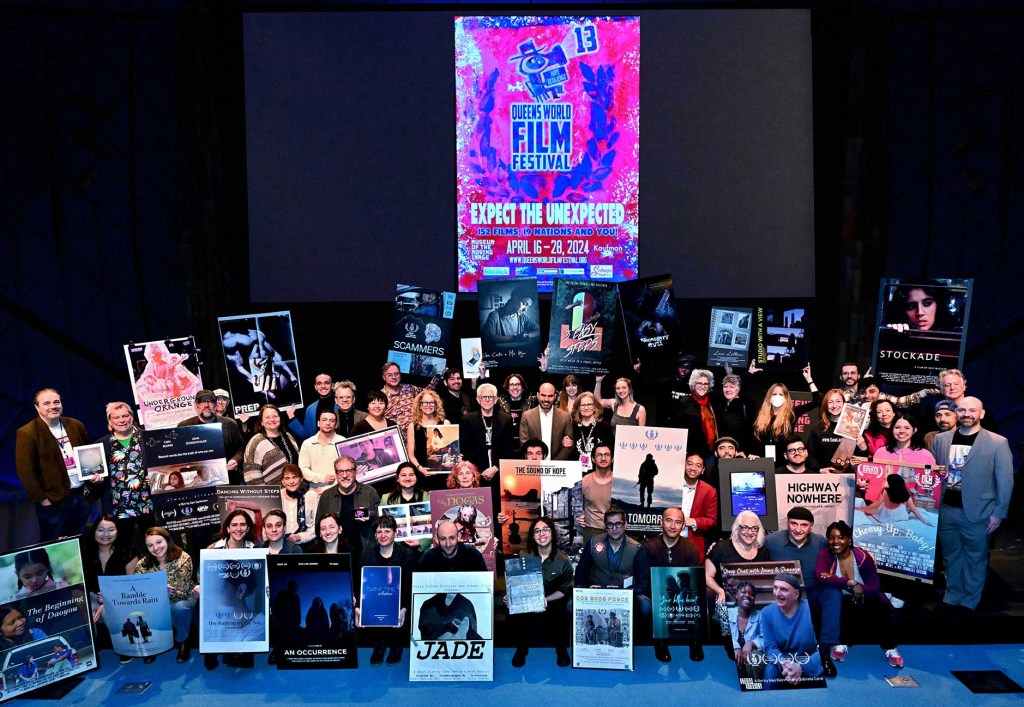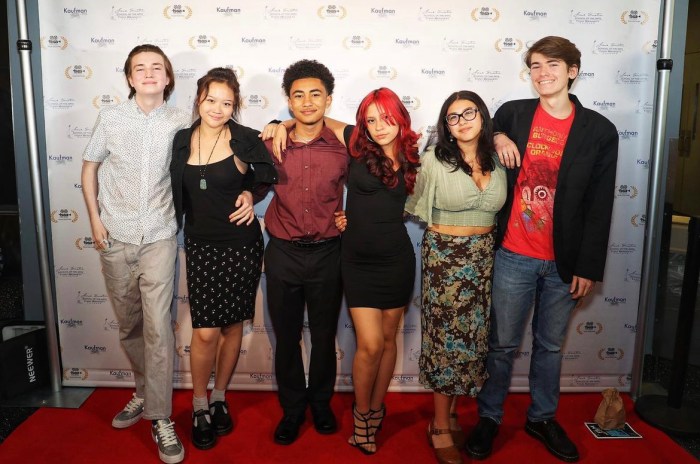By The Greater Astoria Historical Society
Over summer 1914, Europe plunged into its first continent-wide war since the days of Napoleon. In the United States, public opinion was divided over the war. German and Irish Americans were the country’s two largest ethnic groups.
Germans tended to support the “fatherland” and the Irish were resentful of the United Kingdom’s centuries of exploitation and repression of their homeland. Although the American government officially adopted a position of neutrality, it became a position increasingly difficult to maintain. Its banks were lending money to the British and exports to the Allied nations soared.
On Oct. 3, the Daily Star reported on the saga of the Katherine Parks, a British freighter that was tied to a pier on Newtown Creek after the harrowing experience of being stopped and boarded by sailors from the German navy cruiser Dresden.
After the Germans found nothing more dangerous or valuable than the ship’s cargo of quebracho wood, a type used in the manufacture of an extract for tanning leather, they released the ship. It was lucky. Within a few months even passenger ships were sunk.
l
On Oct. 15, Charles Edward Russell, a “noted Socialist writer and lecturer,” who was also his party’s candidate for the U.S. Senate from New York, addressed the Queens County Labor Lyceum in Ridgewood. He asked his audience to imagine a line from New York City to Harrisburg, Penn., and said that was the length of the current battlefront in France. He continued on to note that the war was increasing the national debts of the participants by some $60 million a day.
l
On Oct. 19, the Daily Star ran a story on a massive “German Day” celebration that took place the previous Sunday night at Astoria’s Schuetzen Park, a 7-acre picnic ground and beer garden that stood at the intersection of Broadway and Steinway Street. Some 3,000 German Americans from Queens showed up to sing “America” and “Die Wacht am Rhein (“Watch on the Rhine”) to the accompaniment of an orchestra and cheer speakers who defended the kaiser.
Held in conjunction with a similar celebration in Brooklyn, the Astoria demonstration was one of the largest ever held by German Americans in the United States. The event was held under the auspices of the United German Societies of Queens, whose president, Hermann Koch, presided over the festivities.
Donations for the Red Cross serving with the German and Austrian armies were solicited, and during the evening Koch announced that $3,850 — about $85,000 in today’s money — had been raised.
In the beer hall festooned with both the colors of Old Glory and the red, white and black of the German imperial flag, the crowd listened to speakers in both English and German, who predicted ultimate victory for the kaiser’s forces. They blamed the U.K. for instigating the war over jealousy of Germany’s growing economic and military power.
Among them was Alphonse Koelble, president of the New York State German American National Society, who said, “Only when the Zeppelins get to London and England suffers the agony of war will we have peace. The millions of people who have suffered because of English aggression: the Boers, the Indians and the people of Ireland are crying for German victory in order that they may be avenged.”
For more information, call 718-278-0700 or visit astorialic.org.





























